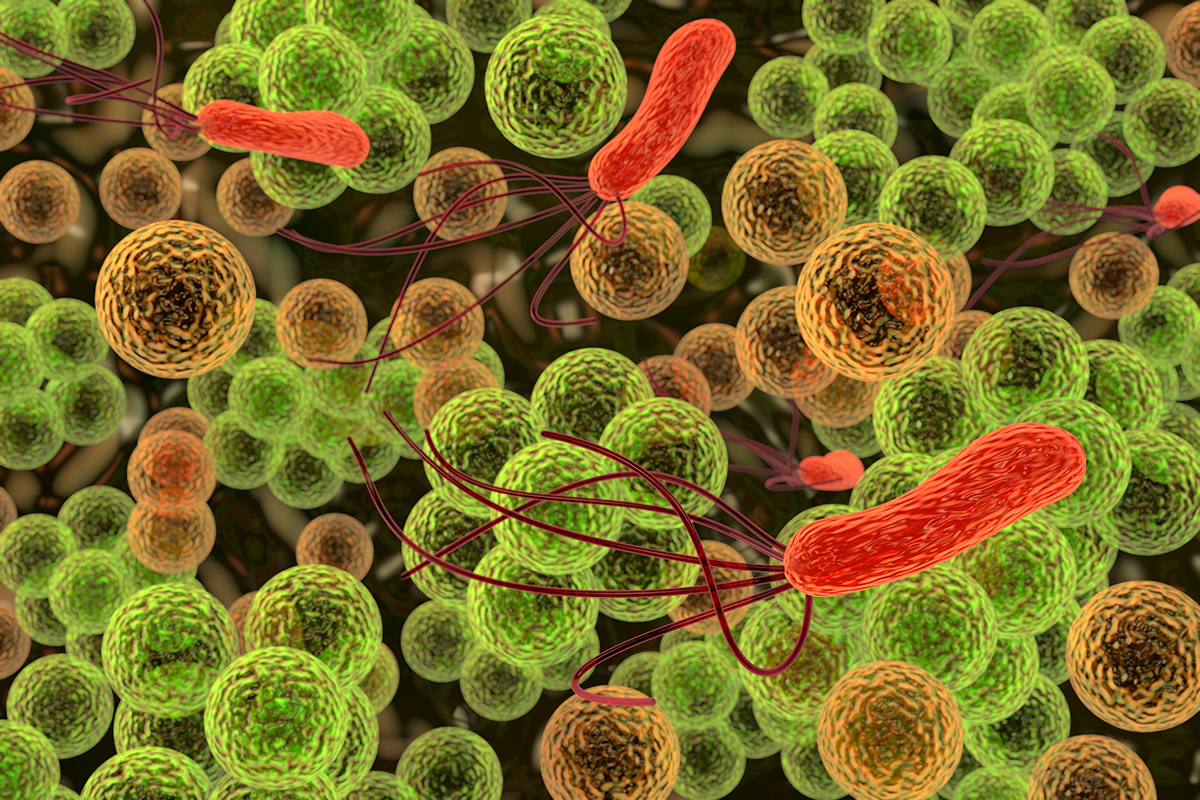
Microbes and the Human Gut
The human body has trillions of cells, but only about 1/10th of those cells are actually human. The rest are microbes that live in and on our bodies, and collectively they’re called the “human microbiome,” and we couldn’t survive without them. They make vitamins for us, help us digest food, and battle disease-causing microbes, and they may influence our behavior, particularly in what and how much we eat. However, disturbances to the gut microbiome, perhaps through antibiotic overuse, have been associated with obesity, asthma, and autism. Understanding how a body’s microbiome is unbalanced or not functioning optimally may help lead to new and unusual treatments such as use of probiotics, prebiotics, and fecal transplants. (Really.)
At this Science on Tap, Dr. Lisa Sardinia, associate professor of biology at Pacific University, will explain what the microbiome is, how it can get out of balance, and how we may be able to restore health by deliberately changing the kinds or numbers of microbes that share our bodies.
-
Event Date
Monday, July 17, 2017
-
Start Time
7:00 pm Pacific
-
Tickets
-
Venue
Portland
